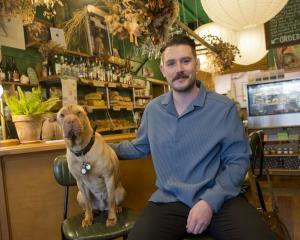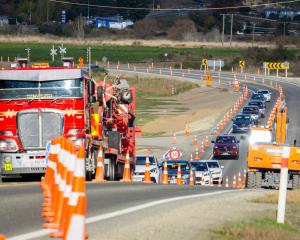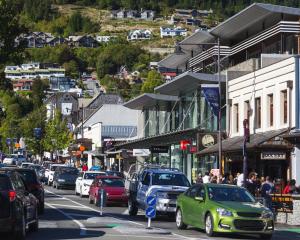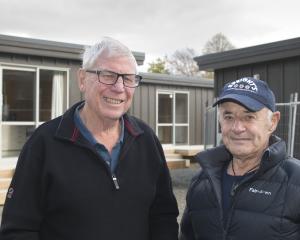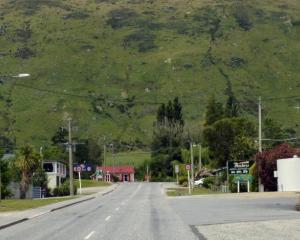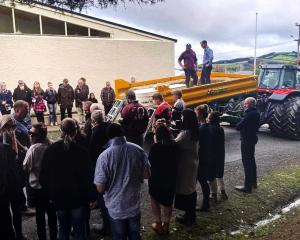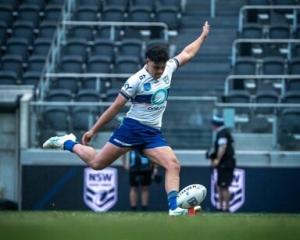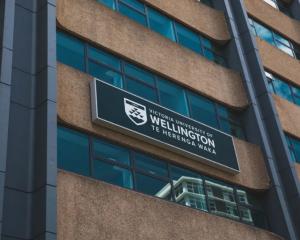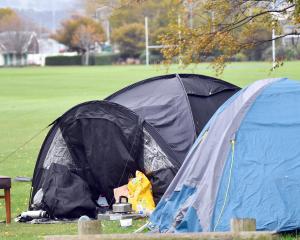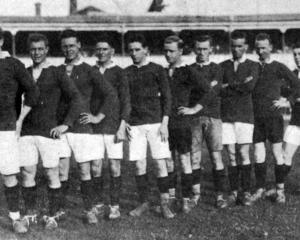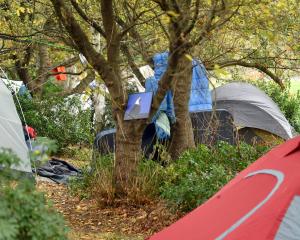Grant Robertson already appears comfortable in the University of Otago clocktower.
The incoming vice-chancellor has spent the past few days in Dunedin meeting people in preparation for assuming the role properly in July and is promising to be a visible presence on campus after he starts.
The former finance minister and deputy prime minister showed his political experience during a 25-minute interview with the Otago Daily Times yesterday and was not about to be tripped up, despite the job of leading a university facing unprecedented financial challenges.
"I really believe in this university. I would only be a vice-chancellor at Otago.
"The funding challenge for universities is actually global. I don’t think there are any easy wins when it comes to finance.
"But if people can see a path forward then they will understand the decisions that have been made."
Otago needed to continue to offer the best possible experience for students to address the issues of falling enrolment numbers.
"I’m incredibly positive about the environment we have here ... I will be out there promoting Otago.
"It’s a stunning campus and there is a spirit here. For many students, it’s their first experience of leaving home and it’s something they will remember for the rest of their lives.
"You feel part of something bigger than yourself. Their experience is everything for Otago."
He was against the government’s proposal for a new $300 million medical school based at the University of Waikato in Hamilton.
"We do need to train more health professionals, but Auckland and Otago do a very good job of it now. My personal view is that this is where it should be.
"Having said that, it is the government’s policy and we now have to work through how they intend to do this.
"I think a business case is a very good idea."
When it came to addressing financial difficulties, he said there were ways Otago University could collaborate with other universities for certain programmes, as it already had done with some programmes at Victoria University.
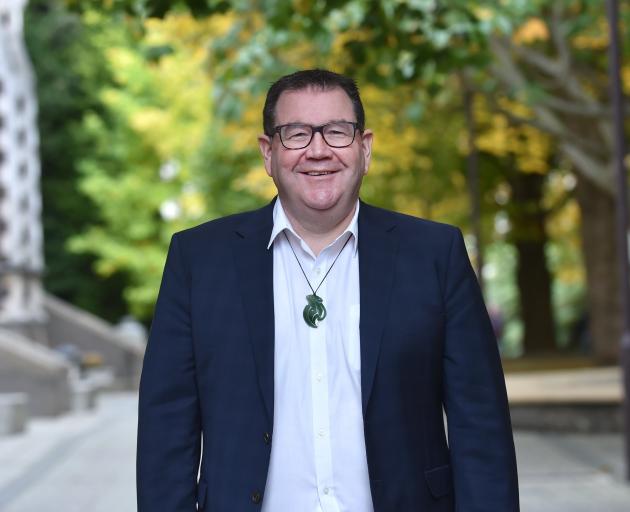
"It’s incredibly important that we have a range of doctors and health specialists that reflect our population.
"We need more Māori and Pasifika doctors. I don’t think there would be many within the government who would disagree with that fact.
"It’s a highly competitive process and those people [who come through the pathways] have to be incredibly capable. I think it’s a misnomer among some people that academic ability is not taken into account— it is taken into account."
Mr Robertson and his partner, Alf, will be based at the Otago University lodge in St Leonards.
"But you will certainly see me out and about on campus. One of the really important things in any leadership role is actually being present.
"I want to get around departments and see staff in their own areas. I also like going to gigs. I haven’t had that much of an opportunity in the past 15 years, so that’s something I would like to re-engage."
The student experience for most was "rounded", but a balance had to be struck.
"I am interested in the way in which the Hyde St party has evolved over the years.
"It’s a much more managed event now and it seems to be working OK. I think that’s the answer — it’s not about creating a ‘them and us’ situation, but the university working alongside the students.
"When it comes to the more extreme end, such as the hazing rituals and so on, you can see how students have been excluded from the university as a result and that’s entirely appropriate. Hazing goes way beyond what most students would view as fun and acceptable."
He was conscious it had been "a very difficult few years" for the university — not just financially, but also socially, with the lingering effects of Covid-19.
"We need some more students. The international market has ramped back up again and Otago has done well out of that.
"The cost of living is a factor for domestic students this year, particularly whether leaving home is an option. By next year, things will be starting to get better and I hope we can start to benefit from that."
He saw some parallels with his beloved Highlanders, which had also gone through tough times in the Super Rugby competition.
"I reckon we will make the playoffs and from there, anything can happen."

